Well-being and resilience are interconnected systems requiring long-term, bold, and collaborative solutions. Conversations at the Philanthropy Asia Summit (PAS) 2025 covered diverse themes across pandemic preparedness, climate-linked health impacts, food systems, and more.
Such challenges are complex, interlinked, and cannot be tackled in isolation. PAS delegates were encouraged to think big, act collectively, and embrace the catalytic role that philanthropy can play in driving systems change and fostering societies that are not only healthier but also more equitable and future-ready.
Strengthening Global and Regional Preparedness
Global and regional health security demands more than siloed responses. Speakers reflected on how stronger international frameworks can lay the groundwork for more coordinated systems of emergency response, technology transfer, and shared resourcing.
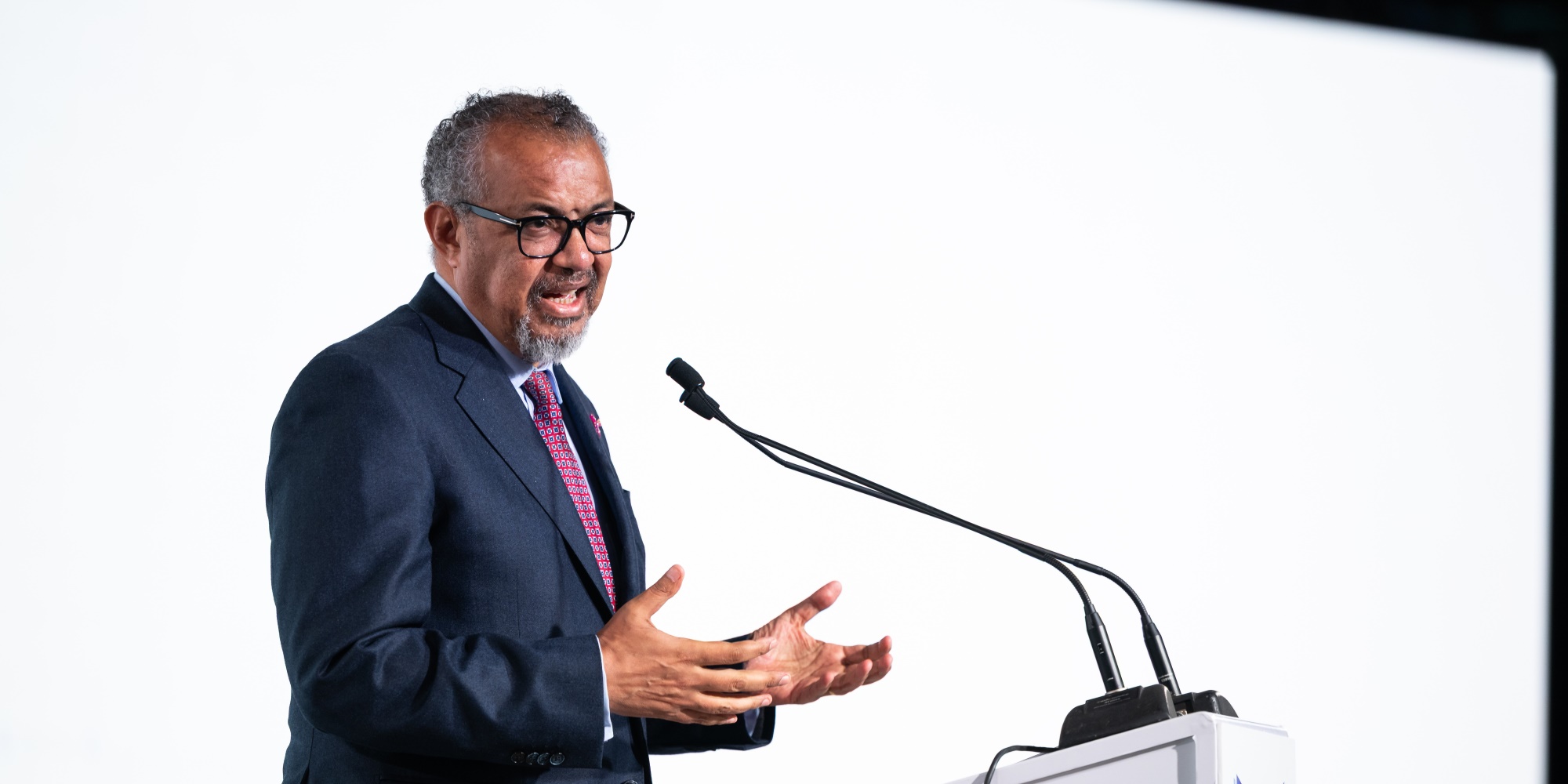
Dr Tedros Adhanom Ghebreyesus, Director-General, World Health Organization, speaking at the PAS plenary.
Philanthropy is a key actor in this ecosystem, filling critical gaps, accelerating innovation, and supporting the development of local capacity.
In Southeast Asia, this includes investing in interoperable health systems, data infrastructure, and early warning mechanisms to enable timely, cross-border responses to emerging threats such as infectious disease outbreaks, climate-driven health risks, and future pandemics.
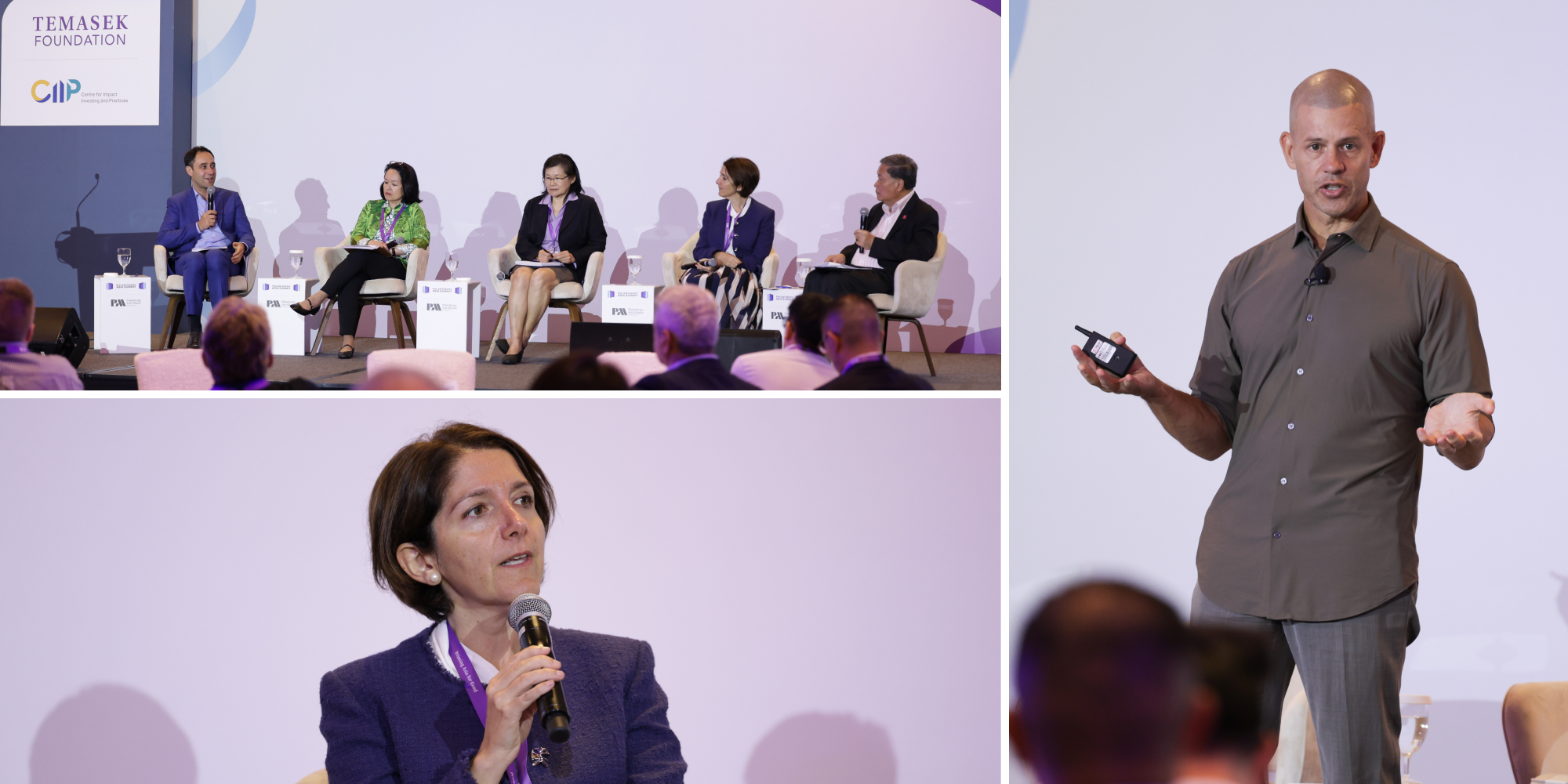
PAS partner event, “Harmonising Asia’s Pandemic Preparedness Efforts Now (HAPPEN)”, anchored by Temasek Foundation
Discussions at PAS affirmed that philanthropic capital is especially powerful when used to take early risks, support underfunded preparedness efforts, and enable collaboration across governments, communities, and institutions.
Climate and Health: A Shared Agenda
Climate and health challenges are becoming increasingly intertwined, manifesting through extreme heat, infectious disease spread, and strained food and water systems. These pressures are overlapping and amplifying one another, and disproportionately affecting vulnerable communities.
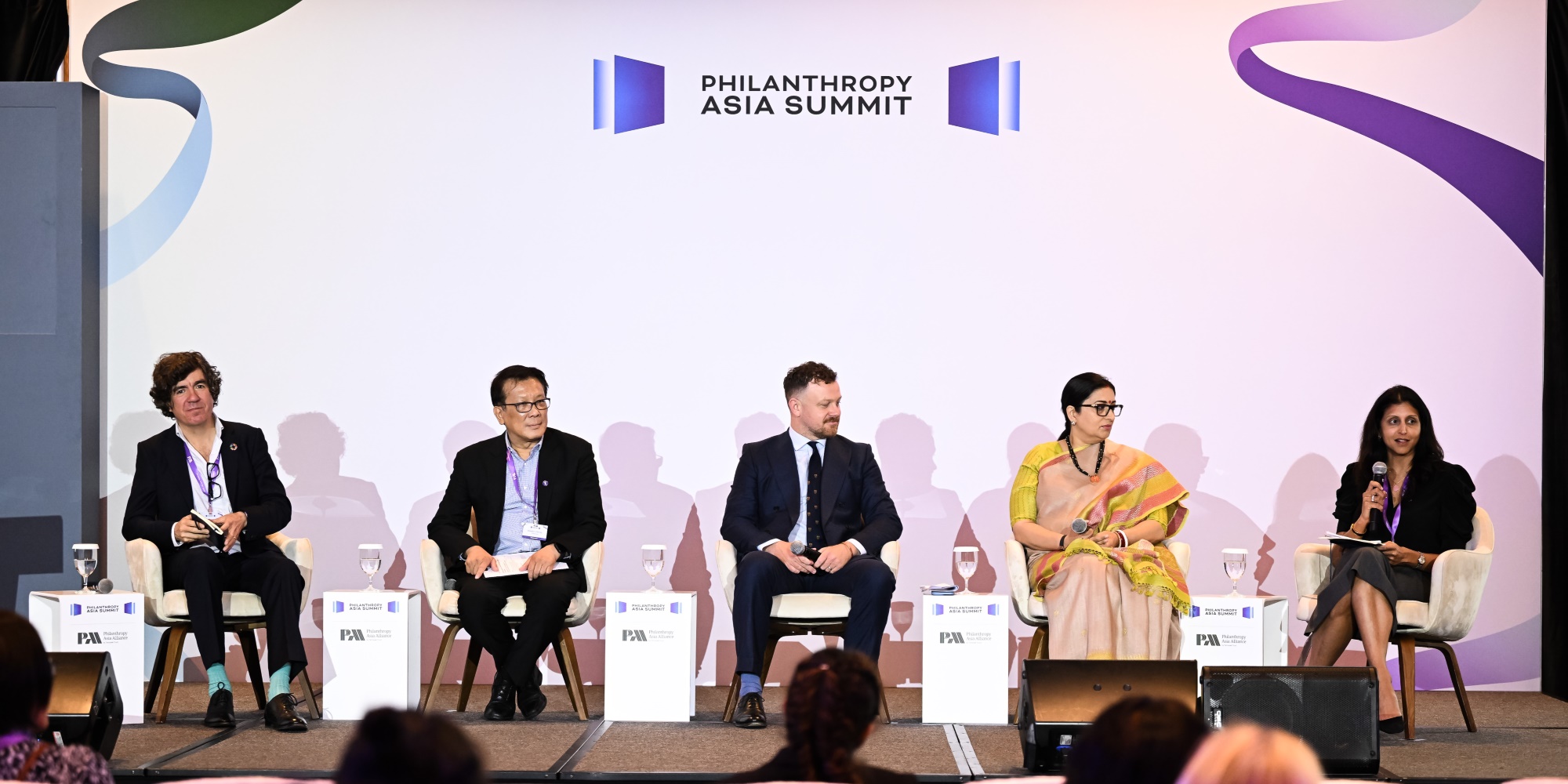
PAS partner event, “Addressing the Threats of Extreme Heat on Human Health in Asia”, anchored by the Climate & Health Funders' Coalition.
In response, speakers called for regionally aligned strategies that link preventive health measures with early-stage innovation and adaptive infrastructure, such as urban cooling solutions and climate-resilient healthcare facilities.
Philanthropy has the flexibility to back efforts that meet immediate needs while also helping to build stronger systems over time, especially in areas with limited resources.
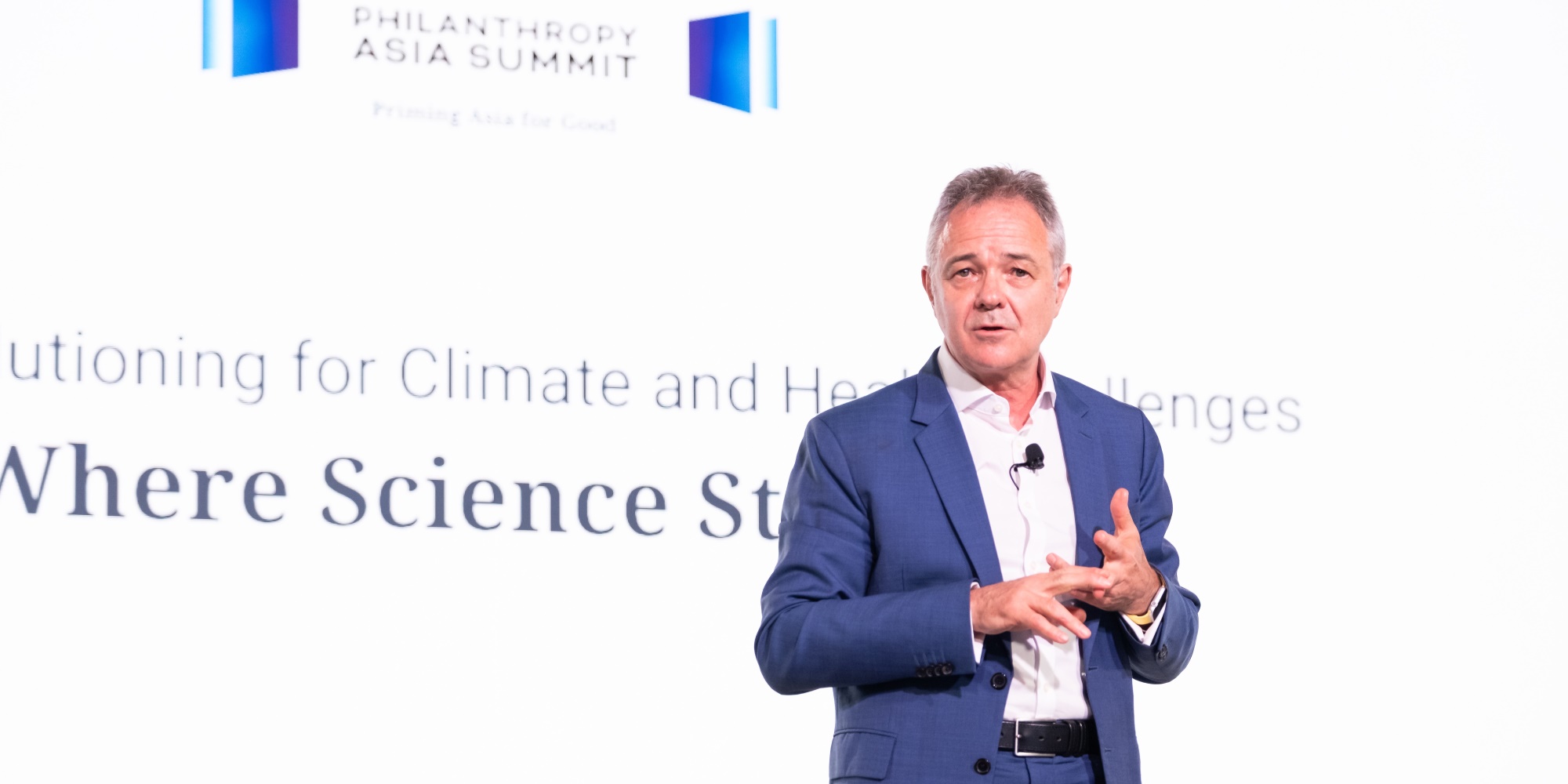
Sir Jeremy Farrar, Chief Scientist, World Health Organization, speaking at the PAS plenary.
Speakers also emphasised the importance of investing in research and evidence generation for the long run, to shape solutions that are practical, scalable, and relevant to the communities they aim to serve.
Community-Centred Solutions with Systemic Impact
Community-led approaches featured prominently across discussions, including in sessions focused on dengue prevention innovations and regenerative school meal programmes. These solutions demonstrated how locally rooted models can influence national policy, strengthen public health, and support broader development goals.
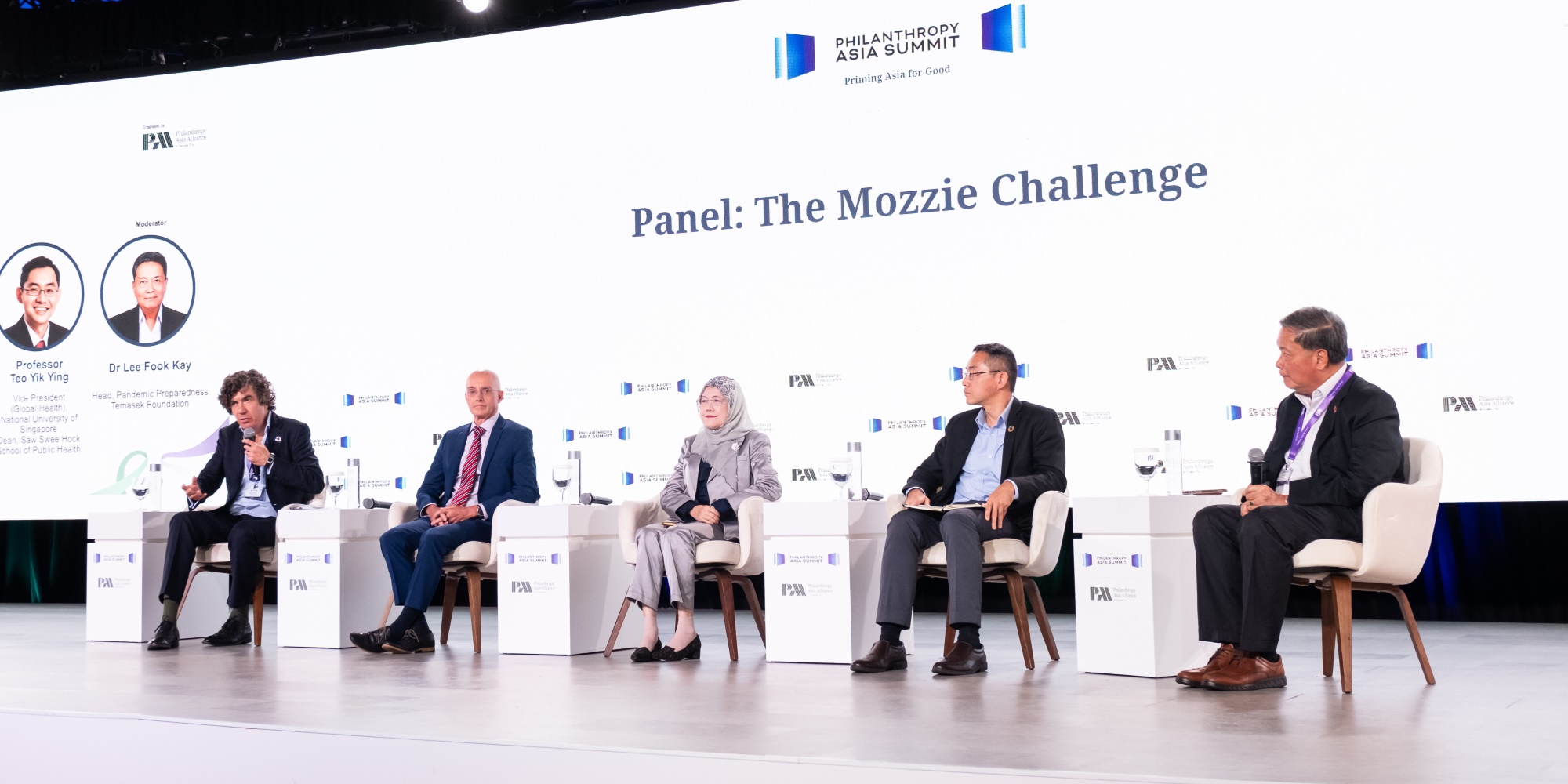
“The Mozzie Challenge” panel at the PAS plenary.
Speakers emphasised the importance of joint ownership between communities, governments, and scientists. They called for philanthropic support to strengthen local capacity and scale promising solutions through improved surveillance and systems.
This thinking also applied to school meal programmes, which were highlighted for their potential to improve nutrition, support local farmers, and advance environmental goals through agro-ecological practices.
When integrated into national policies and budgets, such models can generate impact across sectors, including education, health, and sustainability. Patient capital is key to moving successful local initiatives beyond pilots and into system-wide adoption.
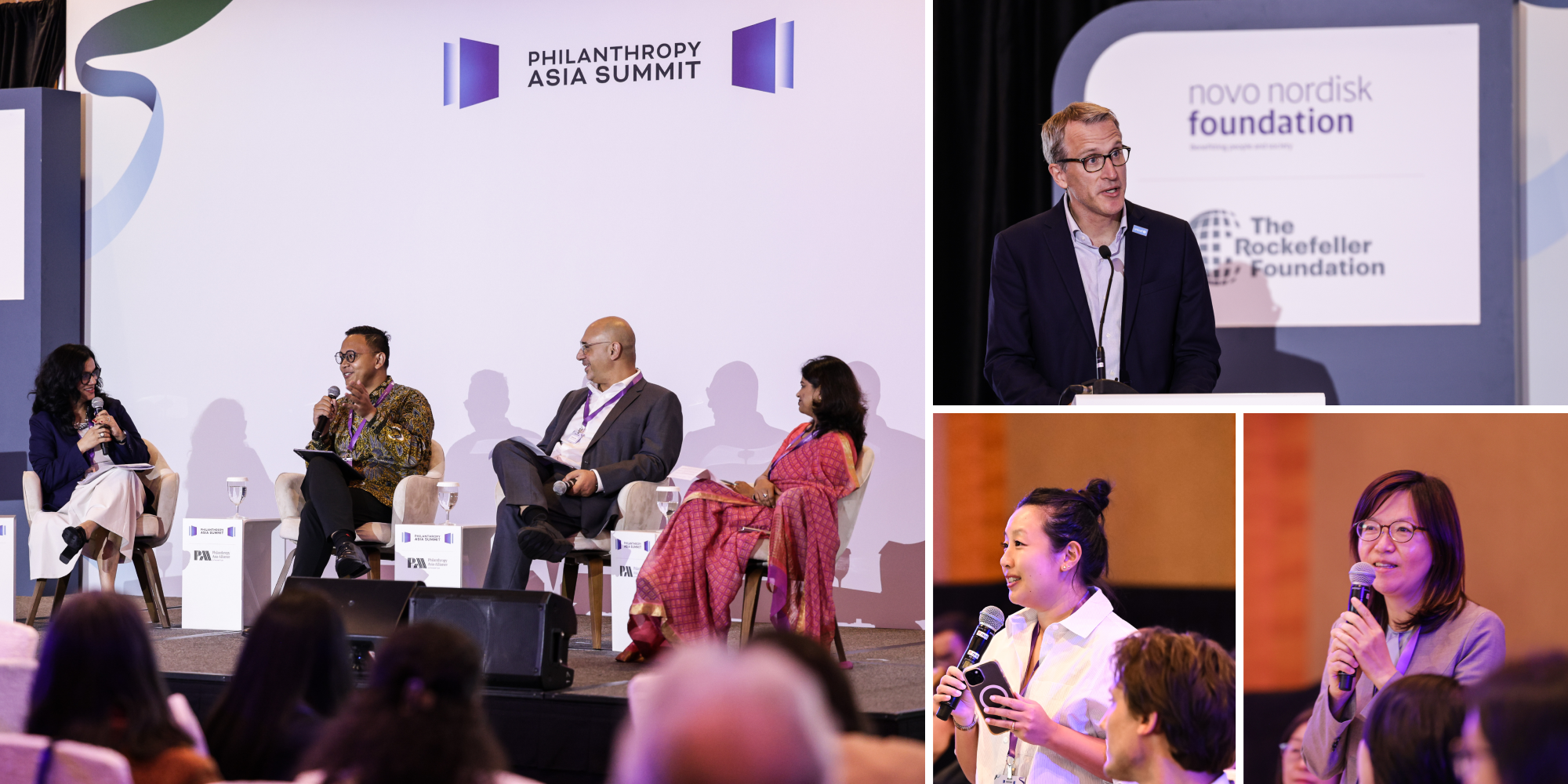
PAS partner event, “Seeds of Change: How Regenerative School Meals Can Lead to Wider Systemic Transformation in Southeast Asia”, anchored by Novo Nordisk Foundation and The Rockefeller Foundation.
Connecting the Dots for Well-Being and Resilience
Throughout the Philanthropy Asia Summit 2025, conversations highlighted that sustained impact depends on systems that enable data to flow, local capacity to grow, innovation to take hold, and partnerships to take root.
Philanthropy has a distinctive role to play here, not just in providing solutions with much-needed funding but also in helping build the infrastructure that allows them to scale and endure.
To dive deeper into the discussions shaping Asia’s future, look out for the upcoming PAS 2025 Insights Report.
Stay informed — subscribe to PAA Pulse, the Philanthropy Asia Alliance’s bimonthly newsletter. Follow PAA on LinkedIn for our latest updates.

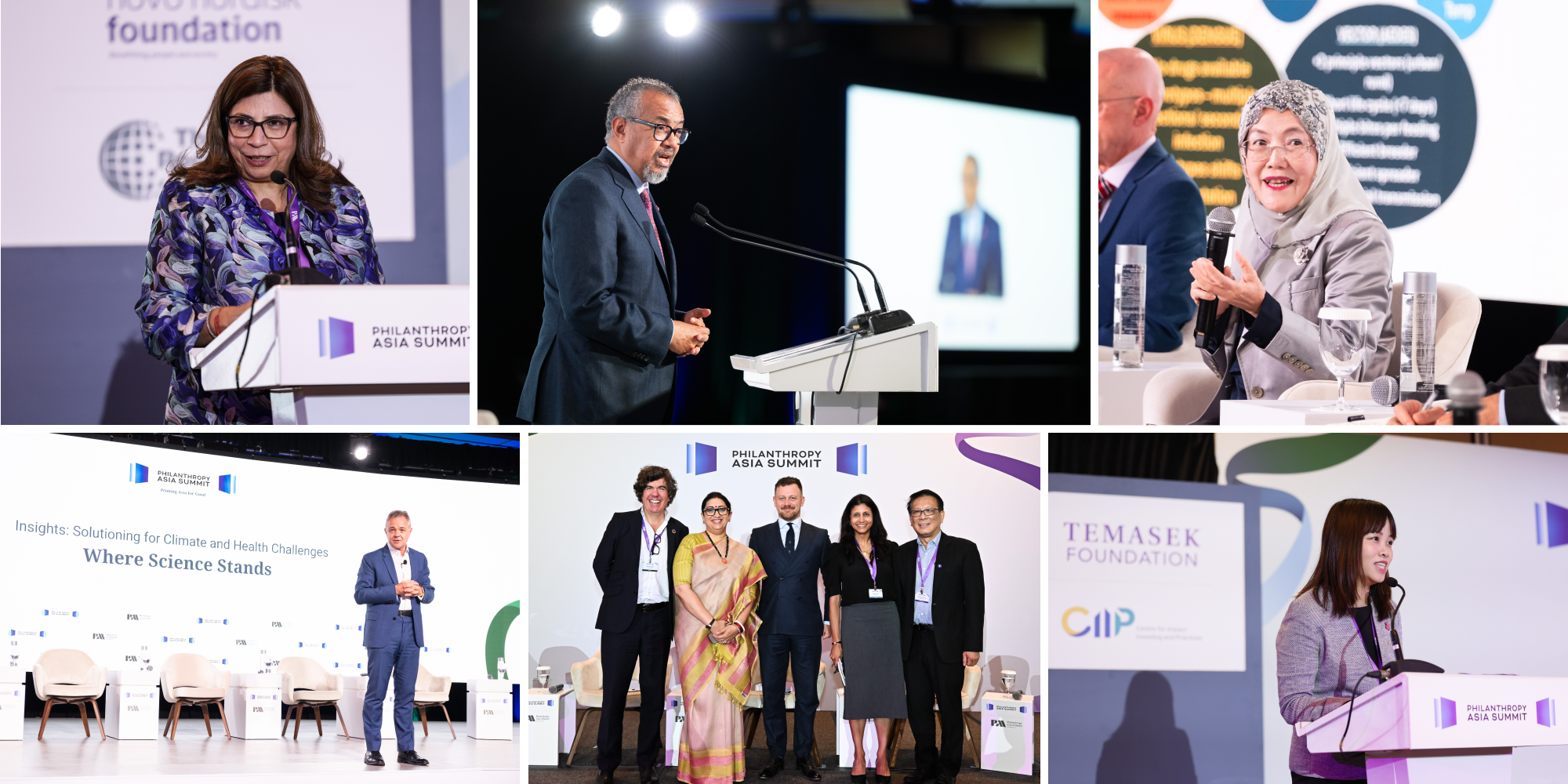
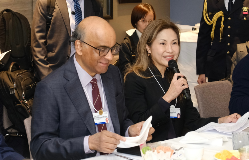
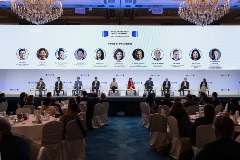
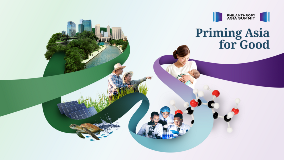

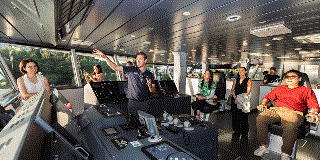

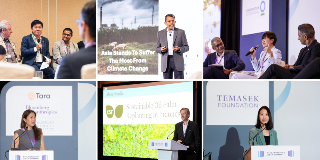
.tmb-.png?Culture=en&sfvrsn=7fea9931_1)
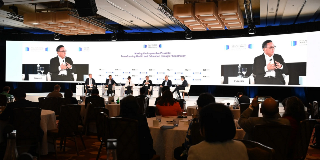
.tmb-.gif?Culture=en&sfvrsn=e13997ec_1)

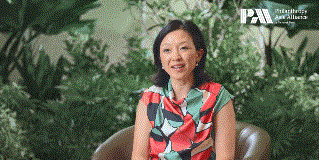
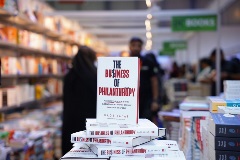
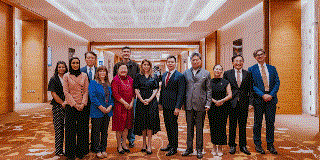
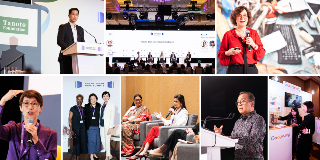
.tmb-.gif?Culture=en&sfvrsn=3f4b1163_1)

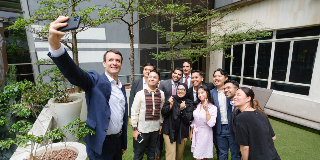
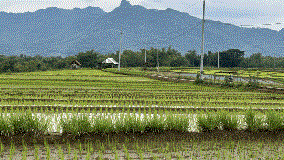

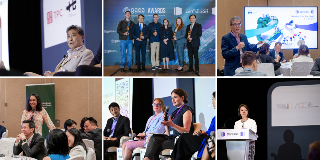

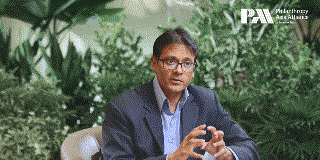
.tmb-.gif?Culture=en&sfvrsn=b5ece239_1)
.tmb-.gif?Culture=en&sfvrsn=6fb3b6df_1)

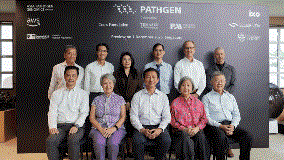

.tmb-.jpg?Culture=en&sfvrsn=fedc60fc_1)
